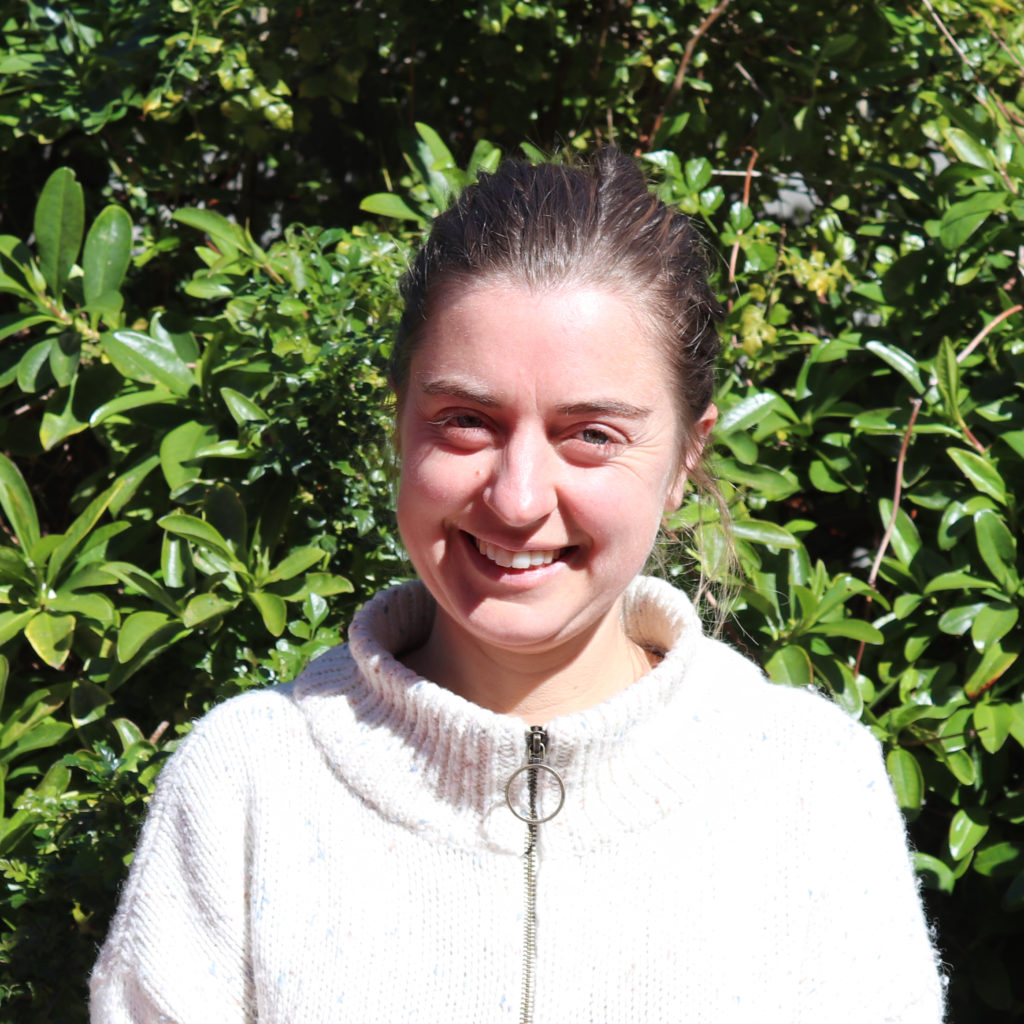Food and Climate Justice: IPCC special report on climate change and land
- Published:
By Robyn Bowden

The IPCC land report: why it is important, what we will be doing, and who am I?
Let us start with who I am - My name is Robyn Bowden and I am the newest member of the SAFCEI team. I am working together with faith communities to tackle food and climate justice challenges in Southern Africa. I am passionate about food justice and have worked extensively in the food system having worked on various issues including rural development, urban food security, sustainable food value chains and climate change.
And why is this issue important?
The latest United Nations led – Intergovernmental Panel on Climate Change’s (IPCC) special report on Land and Climate change outlines this clearly.
The report, which was released during my first week at SAFCEI, tells a chilling tale of our time, while emphasising the importance to act, and act quickly.
Firstly, it explains that the planet’s warming future is already here. Land, which warms twice as fast as the rest of the planet, has warmed more than 1.5 degrees Celsius since the industrial revolution.
Secondly, the report explains that the way we use land plays a big part in changing the climate. Cutting down forests or savannah grasslands for agriculture releases greenhouse gases. While natural land processes, such as forest and savannah ecosystems, act to absorb carbon and so have a critical role to play as a buffer in preventing further changes in climate. So when we cut down forest or savannah grasslands, it has a double impact.
The crux of the report is that land is scarce. Humans use 70% of the ice-free land on earth, and using our current agricultural techniques we will need even more of it to produce food for the predicted growing population. Therefore, there is immense pressure on land to both absorb carbon and produce more food.
In many faith communities, land is sacred. Last week we saw indigenous peoples in the Amazon laying down their lives to protect their forests as they burned out of control due to poor governance. This type of poor land management, not recognising its sacredness, degrades and reduces the soil and its ability to absorb carbon. In turn, climate change is causing further land degradation, locking us into a downward spiral that will limit our ability to produce food in the future.
The report shows that climate change is already affecting all four pillars of food security: availability (yield and production), access (prices and ability to obtain food), utilization (nutrition and cooking), and stability (disruptions to availability). This affect does not occur equally everywhere and food security in some regions, including Southern Africa, is predicted to be affected worse than others.
Despite the report’s alarming findings, it does give us hope.
Working together, with a coordinated focus on sustainability, the report states we can manage the risk and reduce the vulnerabilities in the food system. This would entail addressing deep seated injustice around food and climate impacts- such as inequalities, improving nutrition, lowering food waste and a low population growth. It also requires reducing overconsumption and changing diets to include more plants and much less meat, especially red meat.
As such, the SAFCEI Food and Climate Justice programme seeks to work together with faith leaders and other relevant organisations to assist in changing our food system in Southern Africa to be more resilient in the face of climate change. To support those in the region that are most vulnerable to food insecurity as a result of climate change. And considering the limited land, to promote sustainable food production systems that allow the land to ‘multitask’ – enabling biodiversity to coexist with food production.
When it comes to land the report highlights that we are not being the just custodians of the earth our faiths’ call us to be. The threat that climate change poses to our food system is a reminder that we are both interconnected with- and dependent on- the natural world. As faith leaders and communities we can play a key role in assisting the critical coordinated effort of an ethical, moral and spiritual commitment to protect our sacred land and each other.
Who we are

SAFCEI (Southern African Faith Communities’ Environment Institute) is a multi-faith organisation committed to supporting faith leaders and their communities in Southern Africa to increase awareness, understanding and action on eco-justice, sustainable living and climate change.
Featured Articles
-

South Africa: Who Ends Up Paying If DMRE Cooks the Price of Nuclear Power?
-

South Africa’s nuclear energy expansion plans continue to draw criticism, environmental NGOs chew over legal challenge
-

Earthlife Africa and SAFCEI respond to latest unsettling nuclear news regarding the ministerial determination
-

Open Wing Alliance Africa (Virtual) Summit 2023
-

The Green Connection and SAFCEI respond to energy minister's divisive and deflecting comments
-

Job Vacancy: FLEAT Coordinator







